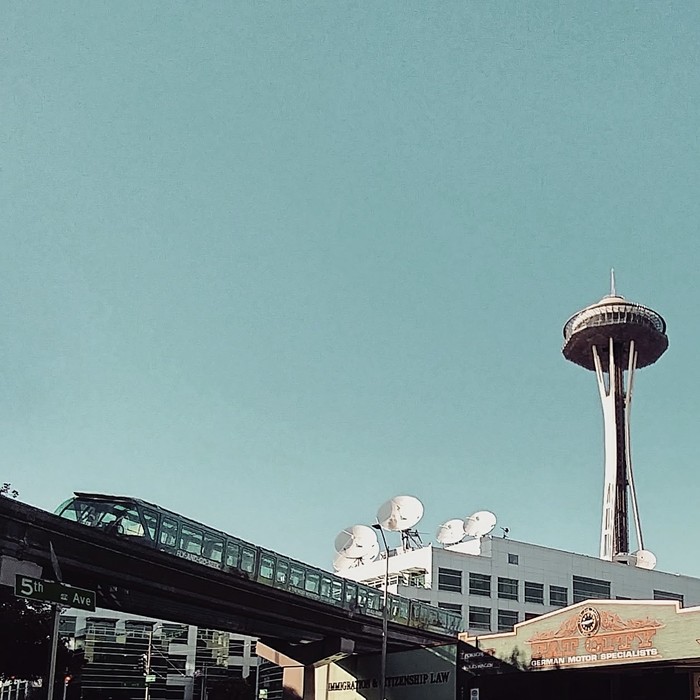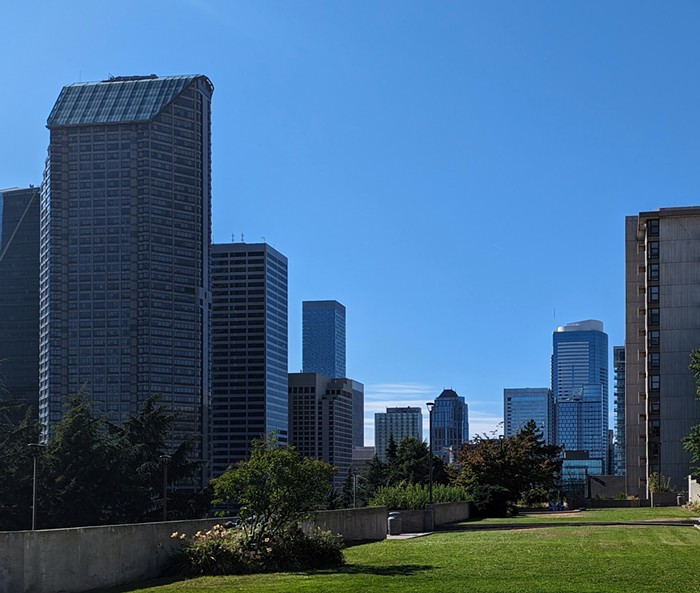
In the past week or so, three noted billionaires have received considerable attention from CNN and MSNBC: Mark Zuckerberg, Michael Bloomberg, and Bill Gates. These spectacularly rich businessmen mark the full spectrum of the class of billionaires often described as socially enlightened—Zuckerbeg is at one end (the least enlightened) and Gates is on the other (the most enlightened). Bloomberg is exactly in the middle.
Between April 23 and April 26, Bill Gates hopped between CNN and MSNBC (changing his sweater with each hop) to promote his scientifically based vision for checking the spread of the virus and for starting up the post-COVID-19 economy. He fleshes out the details of this vision in a long blog post called, "The First Modern Pandemic: The Scientific Advances We Need to Stop COVID-19." The post requires 24 minute to read, it presents an overview of the crisis that emphasizes innovation, and it has these three sentences at its center: "One urgent activity is to raise money for developing new tools. I think of this as the billions we need to spend so we can save trillions. Every additional month that it takes to get the vaccine is a month when the economy cannot return to normal."
Gates, in short, is trying to save capitalism from its present configuration.
The capitalism that the billionaire's plan wants to suspend is defined by "continuous short-term refinancing," as the Italian economist Riccardo Bellofiore put it in a 2014 paper (PDF) for the Levy Economics Institute of Bard College. Gates is taking the long view on the crisis, and this position requires, if it is to succeed, restructuring the capitalism that has prevailed since the end of the 1970s. If you do not spend big now, you will be faced with a much larger bill in the future. At that point, the cost of saving capitalism will likely be politically out of reach. In this respect, the position of the American billionaire resembles that of the Depression-era British economist John Maynard Keynes.
"We took a much worse situation and crafted it into the institutions and the economic growth and innovation that we’ve had between World War II and now. I hope that this looks like that."
Yeah. Me too. https://t.co/WH4OOBbOdc
— Ezra Klein (@ezraklein) April 27, 2020
Keynes, whose moment was between 1933 and 1939, was a conservative, but he also understood that the capitalism of his time would not survive the Depression if it wasn't reformed. The choice was either the socialism embodied by the Soviet Union, the fascism embodied by Nazi Germany, or, as Bellofiore words it, a "high-profits/high investments/massive (ex ante)-fiscal-deficits economy."
After the war, the source of high profits for large US firms was big government spending, debt-financed housing construction, and wage-enlarged consumer demand. The problem was that much of the public's money went to the military, and the waste of middle-class consumption degraded the environment. These defects can be attributed to absence of a politic link (class struggle) between Big Government and capitalism in Keynes's policy prescriptions. It was just about the former keeping the latter alive. This is the same with Bill Gates's mode of reform. It is apolitical.
And so we have at this transitional period of the global crisis three possible economic futures. One that is opened up by revolution, another that is supported by reform, and yet another that is undone by return. The GOP and business leaders are pressing for a return: open the economy and live with the virus. But if the return is implemented, it would be catastrophic (read the section of Gate's post concerning "exponential growth and decline"). Indeed, as Gates point, the economy closed itself. This is a point that the anti-lockdown logic misses.
Gates writes:
When people hear that an infectious disease is spreading widely, they change their behavior. There was never a choice to have the strong economy of 2019 in 2020.... Most people would have chosen not to go to work or restaurants or take trips, to avoid getting infected or infecting older people in their household.
As for reform, it will likely work, but the problem is that it would only delay the return. This happened in the second half of the 20th century. Once reform (known as the New Deal) stabilized capitalism between 1947 and 1979, the economy reverted to an even more virulent short-termism: "wage deflation, capital asset inflation... real growth doped by toxic finance," as Bellofiore put it. If history is anything to go by, it's very possible that the return from Gates's long-view reforms would make Flint, Michigan look like a socialist paradise.
So, there is revolution. The thing to keep in mind is the future resulting from radical change is radically unknowable. The most a socialist can say about the construction of a non-capitalist society from the ruins of capitalism is: it might work. From the position of scientific socialism, however, we know for sure that the replacement of capitalism with communism is bound to fail catastrophically. Why? Because this form of communism, once embodied by Russia, is tied to capitalism in two bad ways: the persistence of the ideology of historical progress, and the continuation of labor as the subject of that history.
What to call a society liberated from labor in its present form? I recommend momunism. What I have in mind is a revolution that amplifies the key conclusion of Sarah Hrdy's anthropological sociobiology. This key (which can be seen as the passe-partout to all realms of a future human society) is the relationship between a mother and child. In Hrdy's masterpiece, Mothers and Others, the elaboration of the species-specific features from this bond is human cooperative behaviors. I will have more to say about momunism in future posts.
"Cooperative breeding and human cognitive evolution" by
J. M. Burkart S. B. Hrdy C. P. Van Schaik.
First I've ever read of Sarah Hrdy's work — sorry I've waited this long. Check it out: https://t.co/psPNbFQOKt
— Andy Isaacs (@maththoth) April 7, 2020



















